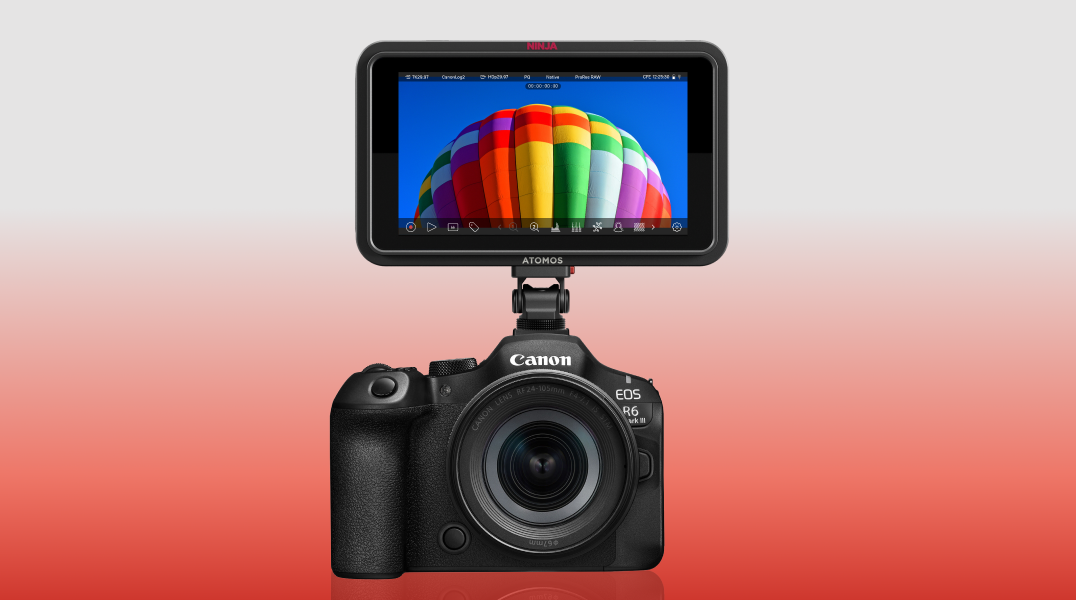MPAA, RIAA join with ISPs to counteract piracy

After years of trying to reach an accord, motion picture and music content owners have finally come to terms with Internet service providers (ISPs) in an effort to stop piracy by broadband users. The agreement is critical to making more content available on a wider scale to portable devices of all types.
The Motion Picture Association of America (MPAA) and Recording Industry Association of America (RIAA) announced plans to join with AT&T, Cablevision, Comcast, Verizon and other ISPs to develop new strategies for dealing with broadband customers suspected of copyright infringement.
Under the new steps announced, the various ISPs will first send “educational messages” to an Internet account if a music or video producer sends a notice of an alleged copyright infringement. If another incident is detected, the notice will require a click through receipt that will prove they received a warning. This could be used to sue the account holder for knowingly ignoring any warnings.
If these tactics are not effective, suspected illegal users could find their Internet access slowed to a crawl by the ISP.
The companies stressed that the joint agreement does not obligate Internet providers to shut down a repeat offender’s account. But they noted that ISPs retain their right to cut off any user that violates their terms of service.
The Center for Copyright Information, which will coordinate the new policy, said ISPs will not turn off the user’s voice service, e-mail or health and security services.
Hoping to deflect legal challenges, the partners allowed for the prospect of an independent review from a non-CCI agency. Asking for a review costs $35 but can be waived, they said. If they believe the claims are serious enough, Internet users are promised that they can challenge any claims in court rather than being forced through arbitration.
The professional video industry's #1 source for news, trends and product and tech information. Sign up below.
In bringing together the media companies and Internet carriers, the new deal demonstrates how the once-clear line separating the parties has been blurred. Eight years ago, the RIAA sued Verizon to try to uncover the identity of a customer who was sharing music online. This year, Comcast completed its merger with NBC, bringing an owner of digital content and a conduit for it into the same business.
Today, the Internet service providers are hoping to profit as they sell music and video of the non-pirated variety to their customers.
“The ISPs want to cooperate with Hollywood because the carriers recognize that their own growth depends in part on bundled content strategies,” Eric Garland of BigChampagne, which tracks online media traffic, told the New York Times. “They don’t want to be just utilities providing Internet access, but premium content distributors as well.”
Some media groups applauded the deal, saying that it would more effectively reduce piracy and therefore benefit the creators of music and movies. Others, including Public Knowledge, an Internet rights group, and the Center for Democracy and Technology expressed concerns that consumers might be punished “based on allegations that have not been tested in court.”
Internet music experts, however, expressed doubt that the alert system will succeed in ending piracy. The new system largely aims for peer-to-peer file-sharing tools like BitTorrent. But plenty of other technologies exist for enterprising pirates, many of which might allow them to evade easy detection.
“The challenge is that consumers will continue to do whatever they wish on the Internet, and find clever ways to not attract the attention of the content companies or ISPs” Garland told the Times. “It will never end.”
